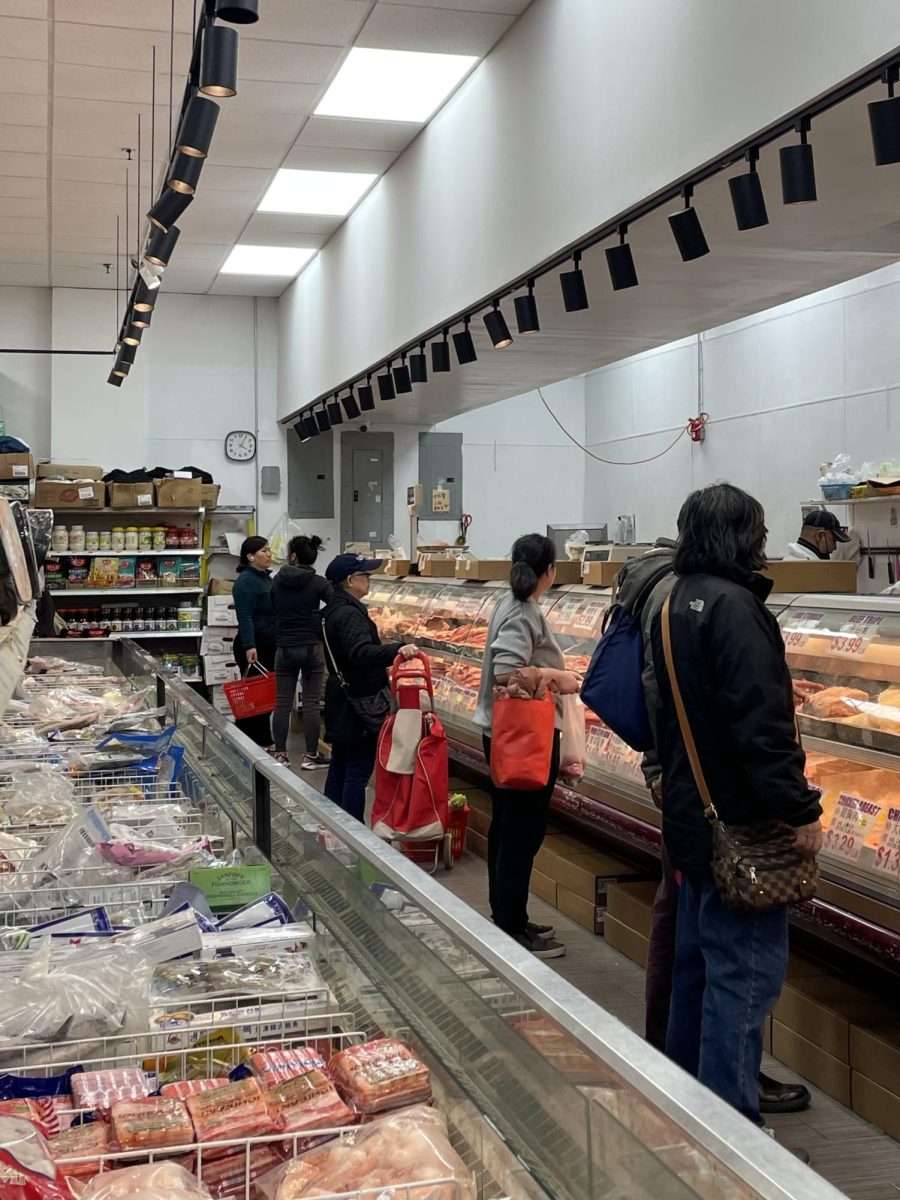Inflation rose at its slowest pace in the past four months amid concerns about potential price increases due to tariffs.
In February, the inflation rate dropped to 2.8%. The sudden decrease was lower than expected as looming tariffs create growing concerns among American consumers, businesses and investors.
According to the Bureau of Labor Statistics, the Consumer Price Index, which measures inflation as it affects consumers, increased by 0.2% following a significant 0.5 increase in January.
The drop in the inflation rate was led by a decrease in airfares, which fell by 4%, as well as new vehicle and oil prices, which fell by 0.1%. On the other hand, grocery prices saw little change.
Experts and economists warn that the ease of inflation might be short-term. Trade wars could potentially lead to tariffs that will drive up prices on a wide range of products and services, putting the economy and consumers to a severe test in the coming months.
“There’s no disinflation momentum right now,” Kathy Bostjancic, senior vice president and chief economist for Nationwide Mutual, told Bloomberg. “We are predicting a bit of a bump up in the coming months because of these tariffs.”
Whether or not inflation will remain stable is uncertain. Tariffs can increase the cost of imported goods. This cost is passed from businesses to consumers, leading to higher prices of everyday necessities like food, electronics and clothing, ultimately burdening the consumer in the same way as inflation.
Tariffs will soon be imposed on countries like Canada, Mexico, China and some countries under the European Union. On March 12, a 25% U.S. tariff was placed on imported steel and aluminum. As a result, the EU responded with counter tariffs of $28 billion on U.S. foods which will start in April.
President Donald Trump also implemented new blank tax rates of almost 20% on top of the 10% that were already in place during his first administration. China responded by imposing up to 15% duties on U.S. agricultural products, such as pork and chicken.
As a result of these trade wars, with tariffs at the center, higher consumer prices are becoming more likely.
The retaliation between countries led to a meltdown of the stock market. The S&P 500 dragged 10% below its record, the Dow Jones Industrial Average dropped 1.3% and the Nasdaq composite fell 2% following the trade quarrels between Trump and countries.
Despite a rebound in the stock market, inflation remains unclear and consumer concerns linger.








